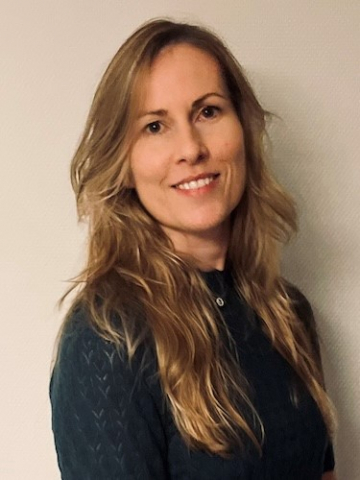Language Evolution and Emergence (LEE) group
Upcoming Event
The emergence of language universals in neural agents and vision-and-language models

Date & Time: 27th May(Tuesday) 14:00-15:30
Location: 336/Zoom
Speaker: Tessa Verhoef
Human cognition constrains how we communicate. Our cognitive biases and preferences interact with the processes that drive language emergence and change in non-trivial ways. A powerful method to discern the roles of cognitive biases and processes like language learning and use in shaping linguistic structure is to build agent-based models. Recent advances in computational linguistics and deep learning sparked a renewed interest in such simulations, creating the opportunity to model increasingly realistic phenomena. These models simulate emergent communication, referring to the spontaneous development of a communication system through repeated interactions between individual neural network agents. However, a crucial challenge in this line of work is that such artificial learners still often behave differently from human learners. Directly inspired by human artificial language learning studies, we proposed a novel framework for simulating language learning and change, which allows agents to first learn an artificial language and then use it to communicate, with the aim of studying the emergence of specific linguistic properties. I will show how we used it to simulate the emergence of a well-known language phenomenon: the word-order/case-marking trade-off. I will also share some recent findings where we test for the presence of a well-known human cross-modal mapping preference (the bouba-kiki effect) in vision-and-language models. Cross-modal associations play an essential role in human language understanding, learning, and evolution, but our findings reveal that multimodal language models do not align well with such human preferences. Finally, I will provide a sneak peek at new findings that reveal what a novel artificial language looks like when it has emerged to adapt to preferences of both humans and LLMs in a hybrid language game experiment.
General Info
The main goal of the LEE group is to generate dialog between scholars from different backgrounds interested in the topic of language evolution and emergence, who come from different perspectives (e.g., computational, experimental, sign language, multimodality, animal communication, genetic adaptation, language processing, social learning, etc.).
We have casual hybrid meetings once a month (on Tuesdays 14.00-15.30, in person and on Zoom), open for everyone at the MPI, CLS, and Donders, as well as other Dutch universities such as UvA, Leiden, Tilburg, etc. In our monthly meetings, we host invited and local speakers, give a platform for sharing and getting feedback on ongoing work, and discuss new papers featuring exciting findings and/or recent advances in methods for studying language emergence in our species (and others).
Event list
2024
26 November
LEE speaker: Paula Rubio Fernandez
December
No meeting
2025
28 January
LEE speaker: Bart Geurts
25 March
*Cancelled* Journal club: Chiera, A., Adornetti, I., & Ferretti, F. (2020). Learning and Evolutionary Constraints on Linguistic Variability. Status Quaestionis, (19).
27 May
LEE speaker: Tessa Verhoef
27 June
LEE speaker: Gary Lupyan
30 September
28 October
LEE speaker: Hope Morgan
Share this page